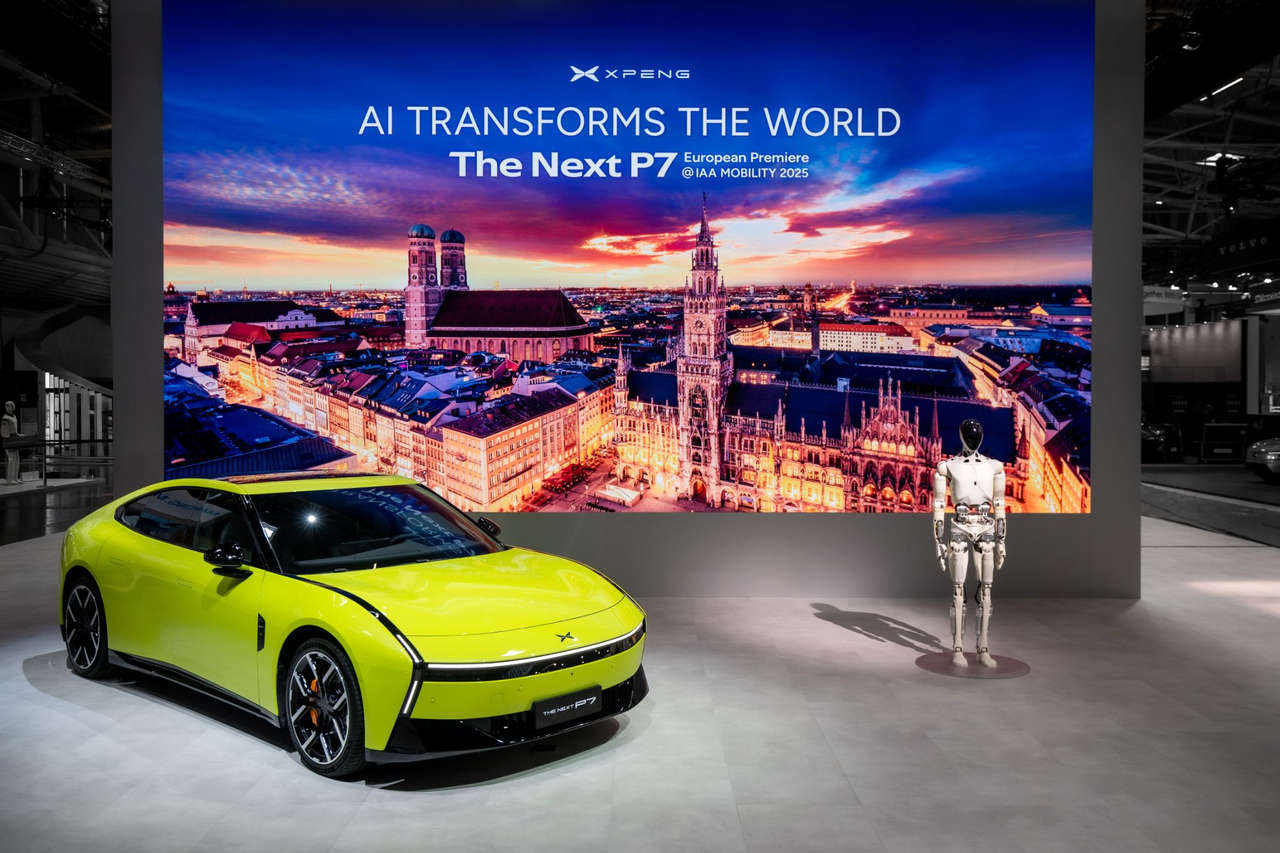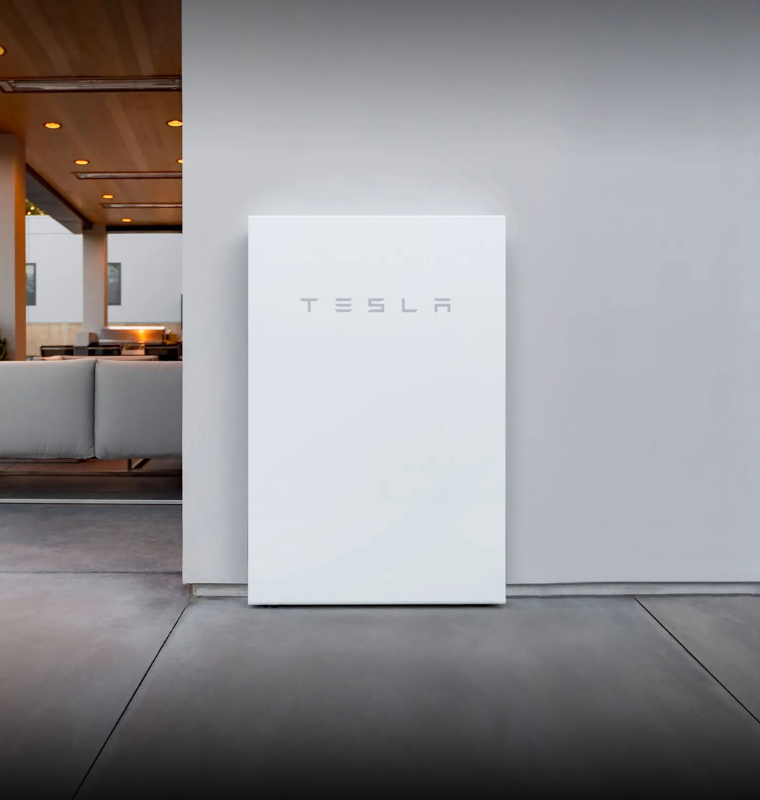Xpeng Accelerates Global Ambitions with Bold Expansion Strategy
Xpeng Accelerates Global Ambitions with Bold Expansion Strategy
By
David Goldfarb
Last updated:
November 13, 2025
First Published:
November 13, 2025

Photo: Sahm
Chinese electric vehicle manufacturer Xpeng Motors is no longer just a domestic challenger to Tesla — it’s quickly emerging as one of China’s most globally ambitious automakers. Once seen as a promising startup struggling for direction, Xpeng has transformed its business model, leadership structure, and international strategy in pursuit of becoming a world-class automotive brand.
The company’s turnaround began in earnest in early 2023, when Xpeng brought in automotive veteran Fengying Wang, formerly of Great Wall Motor, as its new president. Under her leadership, Xpeng’s product planning and sales operations have become more disciplined, and the company’s market performance has improved dramatically.
A Shift from Local Challenger to Global Contender
In 2022, Xpeng was delivering just over 10,000 vehicles per month, lagging behind competitors such as BYD and NIO. But by mid-2024, the company recorded 12 consecutive months of over 30,000 deliveries, including 29,000 exported vehicles in the first three quarters — more than double the export volume from the prior year.
CEO He Xiaopeng is now setting an ambitious long-term goal: by 2034, he wants half of Xpeng’s total sales to come from outside China. During a recent press visit to Xpeng’s new Guangzhou headquarters, the company’s growing international focus was on full display — from English-language presentations to globally-oriented research and design.
Executives from its autonomous driving, robotics, and flying car divisions gave detailed presentations entirely in English, a clear sign of Xpeng’s intent to operate on a global stage rather than just within China’s borders.
The Volkswagen Partnership and Its Strategic Importance
Xpeng’s most pivotal moment came in July 2023, when Volkswagen invested $700 million in the company for a 4.99% stake, marking one of the most significant alliances between a Chinese EV firm and a global auto giant. The partnership aims to co-develop next-generation electric models and share advanced software and autonomous driving technologies.
This collaboration gives Xpeng access to Volkswagen’s global production expertise while providing Volkswagen an entry point into China’s rapidly evolving EV sector. Analysts expect this partnership could lead to joint production of up to two new EV models for the Chinese and European markets by 2026.
According to George Chen of The Asia Group, this type of cross-border partnership mirrors the reverse of what happened decades ago: “Thirty or forty years ago, Western automakers entered China for market share. Now, Chinese automakers are exporting both cars and innovation to the West.”
Expanding Footprint in Europe
In August 2024, Xpeng took another decisive step in its global transformation by opening its first European assembly plant in Graz, Austria, in collaboration with Canadian manufacturer Magna International. The facility is expected to produce tens of thousands of EVs annually starting in 2025, targeting key markets like Germany, France, Norway, and the Netherlands.
Xpeng’s European expansion is already showing early success. The company has become the top-selling Chinese EV brand in Norway, France, Singapore, and Israel during the first half of 2025. Its growing presence in these countries demonstrates that Chinese automakers are beginning to rival long-established European brands on both quality and technology.
Lessons from Competition and Culture
Xpeng’s evolution also highlights a cultural shift taking place across China’s technology and automotive sectors. For years, Chinese companies focused primarily on rapid domestic growth. Now, with intensifying local competition and shrinking margins, firms like Xpeng are looking outward for growth opportunities and brand prestige.
According to McKinsey & Co., overseas markets accounted for just 8% of total revenue for China’s 50 largest corporations in 2021, compared to 31% for major U.S. firms. That number is now rising rapidly as more Chinese companies — from electric vehicles to consumer electronics — look abroad for expansion.
McKinsey Greater China Chairman Joe Ngai described the trend as “unprecedented,” noting that Chinese brands are now aggressively building international networks, local partnerships, and culturally adaptable operations.
The Road Ahead
As Xpeng gears up to report its next earnings results, analysts expect the company’s focus on cost efficiency, global production capacity, and premium product launches to continue driving growth. The upcoming Mona M03, an affordable mass-market EV, is projected to be one of the company’s best-selling models internationally by 2026.
Co-president Brian Gu, a former JPMorgan executive, has been instrumental in building Xpeng’s global investor relations, securing listings in both the U.S. and Hong Kong, and attracting strong institutional backing.
The company’s success story is emblematic of China’s new corporate playbook — combining advanced technology, strategic global partnerships, and a strong export focus to capture worldwide market share.
As McKinsey’s Ngai puts it, “The overseas expansion of Chinese companies isn’t a passing phase — it’s becoming a core part of global business for the next decade.”
Popular articles
Subscribe to unlock premium content
The Rise of Silent Walking Tours in Historic Cities

The Rise of Ultra-Niche Cooking Classes Focused on Historical or Regional Recipes

The Rise of One-Person Dining Experiences for Ultra-Introverts in Major Cities

The Rise of Silent Walking Tours in Historic Cities

The Rise of Ultra-Niche Cooking Classes Focused on Historical or Regional Recipes

The Rise of Silent Walking Tours in Historic Cities









